ULFA thrived with ISI backing during BNP-Jamaat rule
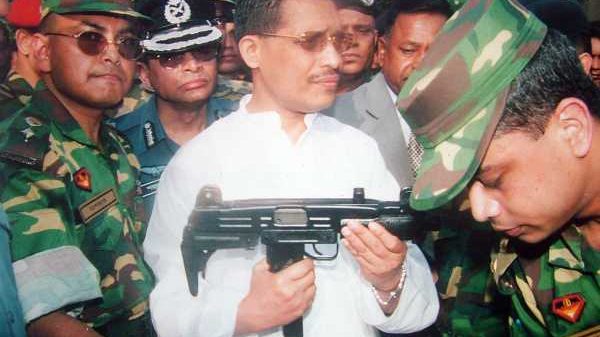
Chittagong arms haul case has proved it beyond doubt that the north east based Indian insurgent group United Liberation Front of Assam (ULFA) thrived with ISI backing during the BNP-Jamaat rule (2001-06) in Bangladesh. During this period the Bangladesh state machinery continued to indulge in activities endangering India’s security by actively supporting and assisting the ULFA that operated with impunity in Bangladesh with ISI backing and patronization. The Bangladesh government support took the form of sanctuaries, safe routes for infiltration and exfiltration, providing travel documents to the insurgent leaders to visit destinations outside Bangladesh, arms and ammunition, training facilities for landing of arms consignments and their transportation to various places over land routes.
Chittagong arms haul case has revealed that the state machinery of the BNP-Jamaat government had been allowing the ULFA activists to use Bangladesh territories not only to carry out subversive activities in India from their safe sanctuaries in Bangladesh, but also to smuggle in arms for waging war against Indian security forces.
In their confessional statement in the 10 truck arms haul case, former DG of National Security Intelligence (NSI) Brig Gen (retd) Abdur Rahim and NSI Director Wg Cdr (retd) Sahabuddin admitted that Bangladeshi players had been working alongside Pakistani intelligence to facilitate arms smuggling for the Indian insurgents. ULFA military wing Commander Paresh Barua, who was based in Dhaka then, had personally supervised the huge cache of arms being brought to Bangladesh from China.
Arms and ammunition seized in Chittagong in April 2004 were meant to replenish the dwindling stock in ULFA’s arsenal and also to boost ULFA’s morale in the aftermath of crackdown launched by the Indian army against them in Bhutan in 2003.
Pakistan’s support to the Indian insurgents had been channelized through Bangladesh with the assistance of two premiere intelligence agencies of the country – NSI and Directorate General of Forces Intelligence (DGFI). ISI maintained sustained links with Bangladesh army authorities through its repatriated Army officers many of whom had even fought against India in the western sector. This enabled ISI to establish strong linkages with the NSI and DGFI and these two intelligence agencies extended all assistance to the ISI in its efforts to destabilize North East India.
During the long period stretching from 1975 (murder of Sheikh Mujibur Rahman) to 1996 (Awami League’s return to power), ISI established an extensive network across Bangladesh, particularly during the BNP regime (1991-96) of Khaleda Zia. During this period Dhaka became the nerve center of ISI activities. Pakistani army and intelligence officials were then providing training to the Indian insurgent elements in anti-state and sabotage activities. ISI has been active whenever BNP came to power (1991-96 & 2001-06) in Bangladesh.
According to a report in the UAE based daily Khaleej Times, former ISI chief Gen Assad Durrani disclosed in March 2012 before the Pakistan Supreme Court that ISI has been sponsoring insurgency in North East India and that it paid Rupees 50 crore to the right wing BNP before the Parliamentary elections in Bangladesh in 1991. Although Durrani later retracted the statement, there remains the fact that ISI has been complicit with ULFA’s subversive activities to destabilize India. At the same time, it leaves no scope for doubt that following international outcry over Pakistan’s involvement in instigating insurgency in Kashmir, ISI diverted its anti-India operations through Bangladesh.
With covert support and patronization from ISI and two Bangladeshi intelligence agencies, NSI and DGFI, the Indian insurgent group ULFA enlarged its sphere of activities and developed a strong base in Bangladesh during Khaleda Zia’s second term as Prime Minister (2001-06).
High placed sources in Bangladesh administration revealed that DG NSI Brig Gen (retd) Abdur Rahim (now sentenced to death in Chittagong arms haul case) told the Bhutanese Ambassador on March 7, 2004 that he need not have any worries or apprehensions about his security from the ULFA activists in Bangladesh. The Bhutanese Ambassador confided in his Bangladeshi interlocutors that he was apprehending attacks in view of crack-down on the ULFA cadres by Indian army in Bhutan in early 2003.
DG NSI while not mentioning any senior ULFA leaders by name allayed the Bhutanese Ambassador’s apprehensions by stating that clear instructions in this regard had been given to ULFA leaders camping in Bangladesh and they were told in no uncertain terms that any action against targets, foreign or local, inside Bangladesh territory, would not be tolerated. The Bhutanese Ambassador felt relieved, but he got the impression that DG NSI was personally coordinating the activities of ULFA leaders operating in Bangladesh.
During the BNP-Jamaat rule, Indian insurgents not only found sanctuaries in Bangladesh but also a climate conducive to launch business ventures. ULFA started running business establishments such as ‘Usha International, Dhaka’, ‘Anirban Garments Ltd, Chittagong’ and ‘Karachi garments, Chittagong’. This thriving business would not have been possible without support of the authorities. According to a report prepared in 2006 by a leading US think tank, Strategic Foresight Inc, also known as Stratfor, ULFA leader Paresh Barua was an enormously wealthy person worth approximately $110 million with business operations including hotels, textile mills, consultancy firms, departmental stores, shrimp trawlers and beverage factories in Bangladesh.
ISI maintained close links with the ULFA since 1988 when ULFA leader Paresh Barua visited Karachi for the first time. It had been providing financial and logistic support to ULFA from Dhaka since then. ULFA cadres were trained not only in camps, in North West Frontier Province (NWFP) but also in Afghanistan. Paresh Barua visited Pakistan on a number of occasions on Bangladeshi passport.
It is well known that the ISI even sent congratulatory messages conveying its appreciation to the ULFA military wing commander Paresh Barua after he successfully carried out an ambush against the Indian security forces in Goalpara, Assam, on Aug 21, 2002. There are thousands of instances of Pakistan’s complicity in ULFA’s anti-India operations and destructive activities. Prior to former Pak military ruler Gen Musharraf’s visit to Bangladesh in 2002, the Pakistan Television channel PTV World carried a panel discussion on July 30, 2002 featuring “Bravery and Glory of ULFA” highlighting achievements of ULFA in carrying out subversive activities in India and Indian government’s failure to apprehend them or curb their violent activities.
During his stay in Dhaka, Gen Musharraf met the ULFA founder Anup Chetia who was taken out from Dhaka central jail to facilitate this meeting at Dhaka’s Sheraton Hotel where Musharraf was staying. This was revealed on January 9, 2010 by none other than Syed Ashraful Islam, Bangladesh Local Government and Rural Development Minister who also said that Islamabad used Bangladesh for carrying out subversive and terrorist activities in India. There was no official reaction / comment from Pakistan to this information revealed by none other than a senior cabinet minister who is also General Secretary of the ruling Awami League and chief spokesman of the ruling Alliance in Bangladesh.
Following crackdown against ULFA by the Indian Army in Bhutan in 2003, some arrested ULFA cadres admitted that many of their leaders including Ashanta Baghphukan went to Pakistan to receive training at Batrasi on Pakistan – Afghanistan border in guerilla warfare techniques and handling explosive devices. They were being groomed by ISI for unleashing nefarious activities in India. BNP and Islamic groups including Jamaat are particularly known to extend covert assistance and refuge to ULFA and other north east based Indian insurgent groups to appease their Pak mentors.
Bangladesh is being viewed as a hot destination by the ISI in its attempts to wage a full-fledged battle against India. ISI wants north east India to remain in perpetual instability so that it becomes easy for Pakistan to intervene and sever north eastern part from the rest of India, thus fulfilling Pakistan’s long cherished desire to avenge its defeat and subsequent loss of its eastern wing in 1971.
Source: Dhaka Times


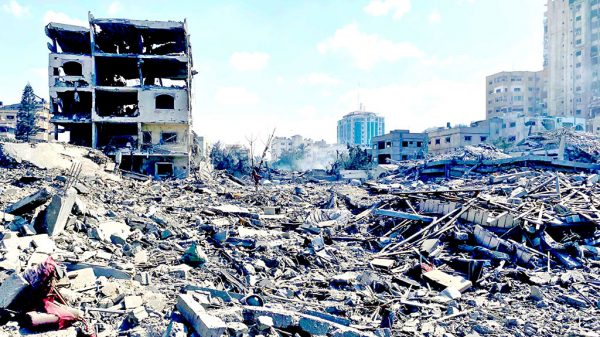
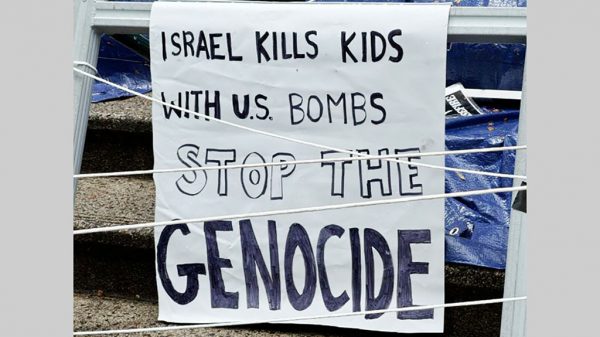
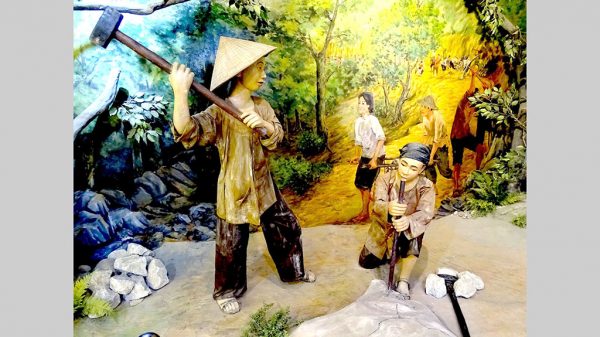

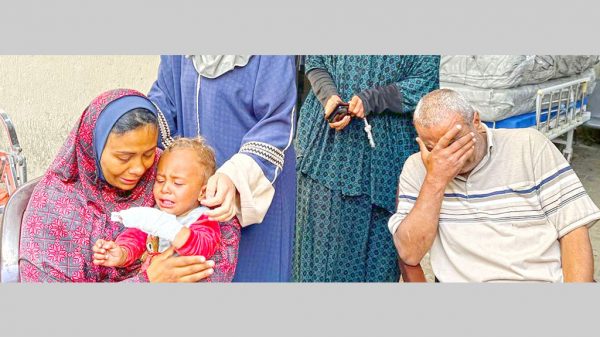




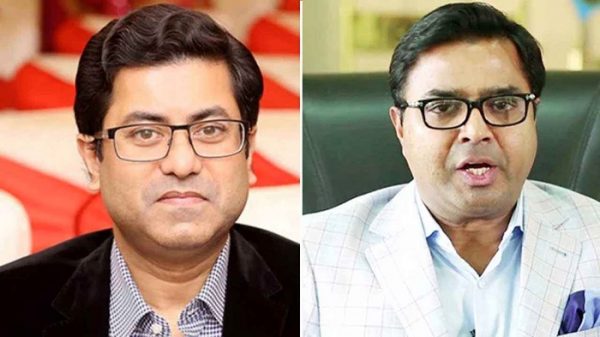


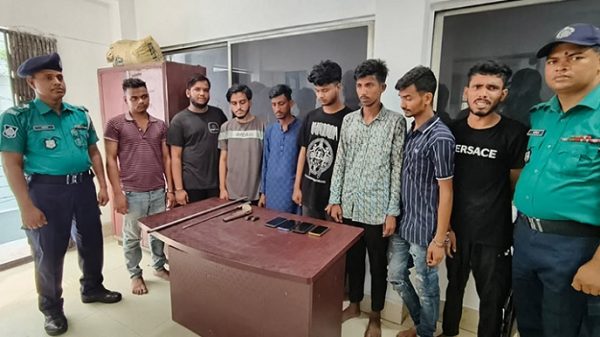

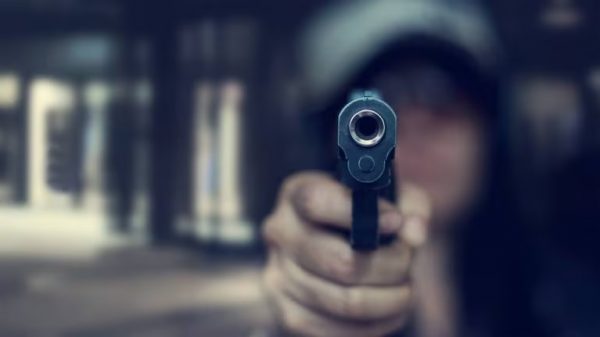
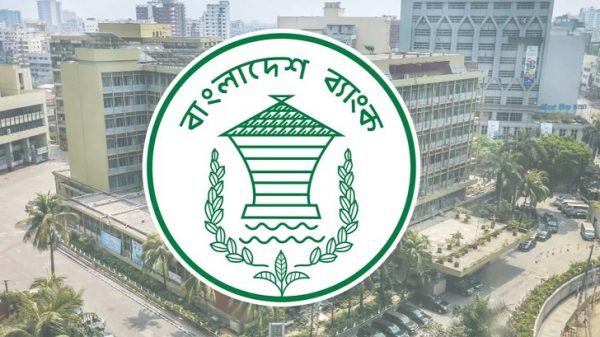











Leave a Reply